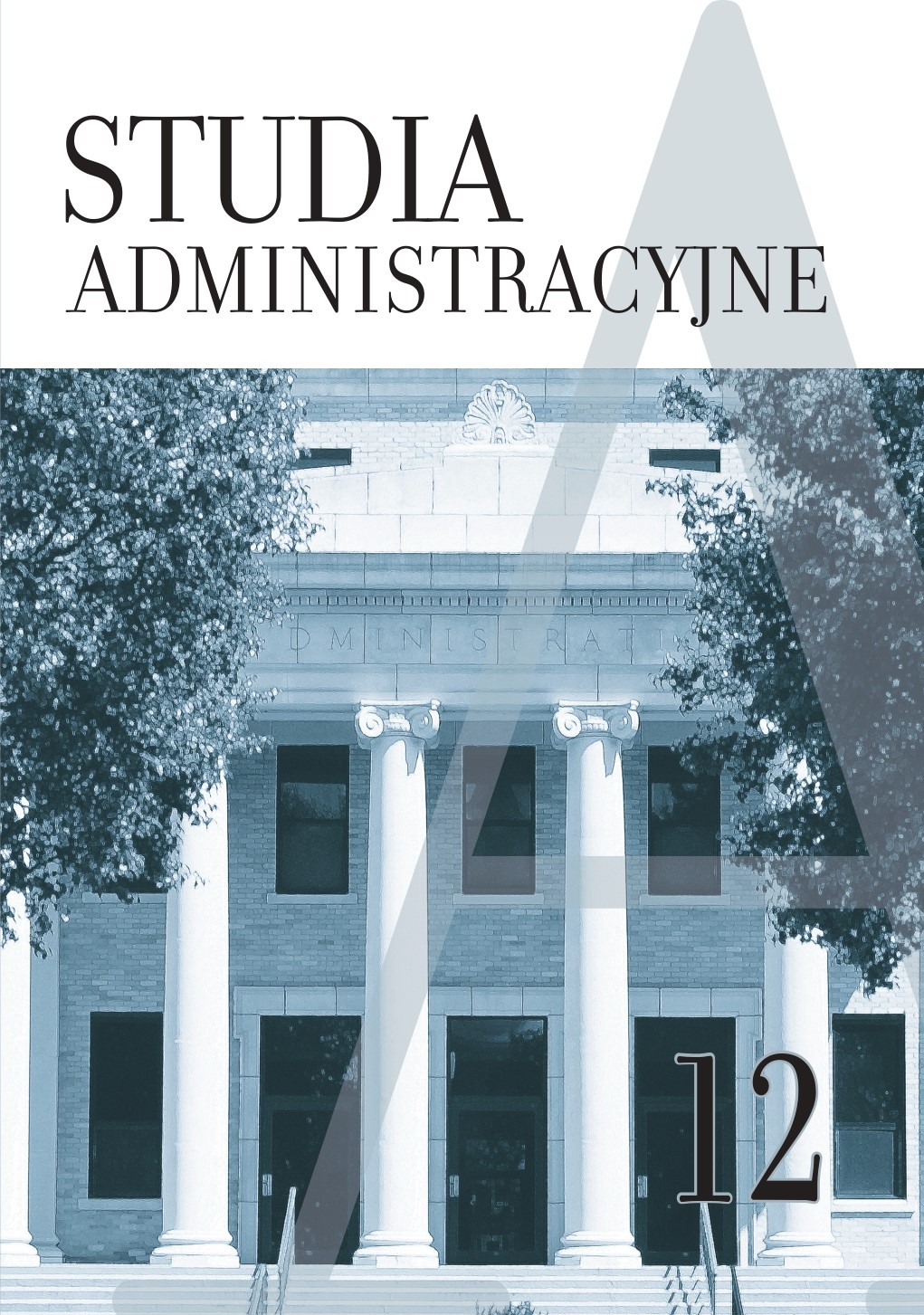Robot rights: Where science ends and fiction starts
Robot rights: Where science ends and fiction starts
Author(s): Anna WodeckaSubject(s): Law, Constitution, Jurisprudence, Human Rights and Humanitarian Law, Law on Economics, Philosophy of Law, Sociology of Law, Administrative Law
Published by: Wydawnictwo Naukowe Uniwersytetu Szczecińskiego
Keywords: artificial intelligence; new technologies; law; legal principles; soft law
Summary/Abstract: Artificial intelligence (AI), thanks to pop culture, is widely identified with robots or humanoid machines that take control over humans. Even though we might be feared of the new technology or the questionable social and ethical issues that arise from it, AI is developing rapidly which makes it a priority in the cognitive economy. Consequently, processes or services performed without any help from humans can no longer be considered as a part of the distant future. According to public opinion research from last year, conducted for IBM by NMS Market Research, 92% of Poles have heard of AI and 8 out of 10 expect it to be used more broadly. Efficient legislation can ensure the correct and regulated development of new technologies whilst inefficient legislation or the complete lack thereof can halt and even completely cease further research, or make the usage of AI significantly difficult in both social life and the economy. This paper is an attempt at placing national legislation concerning AI in the context of the legislation of the EU and other countries. I will attempt to answer the question of whether it is possible to introduce into legislation a technology whose usage and full potential are yet unknown. Is AI, in terms of the law, a scientific fantasy or can it be regulated? I have analysed soft law on which some general regulations and future law recommendations are based. Currently, AI is only restricted by single provisions as there are no regulations that can be used in a complex manner in the area of new technology.
Journal: Studia Administracyjne
- Issue Year: 2020
- Issue No: 12
- Page Range: 105-114
- Page Count: 10
- Language: English

